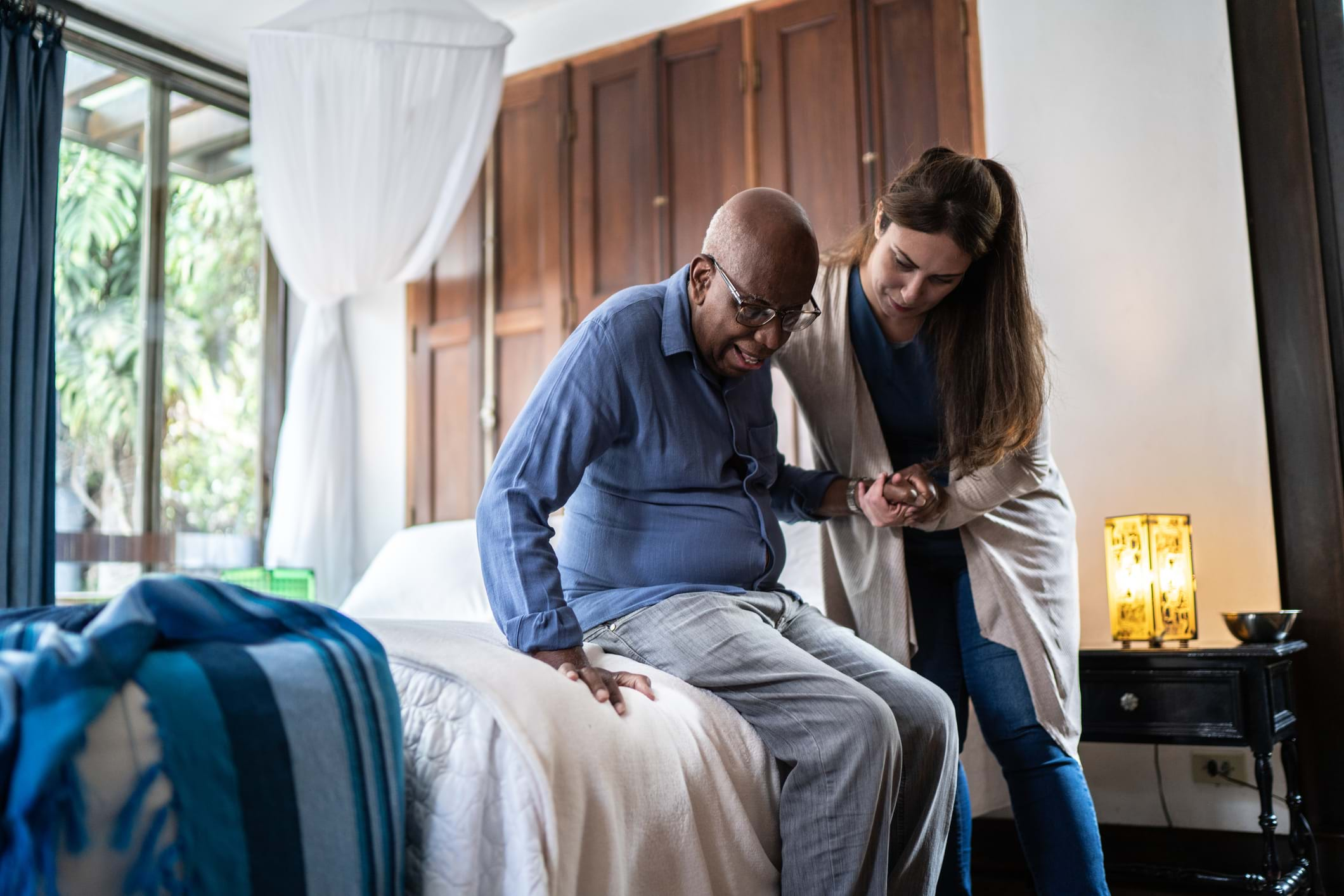Whether your company owns or rents cranes – or controls a construction project where cranes are operating – OSHA’s updated rule for crane operator training, certification and evaluation affects you.
Currently in effect, the rule requires employers of crane operators to ensure that each operator is trained, certified and evaluated before operating any equipment covered under 29 CFR 1926 Subpart CC, with a few exceptions.
Since crane operations can impact the safety of those involved on-site and the public adjacent to it, this rule is for good measure. In fact, a Crane Inspection & Certification Bureau article cited that 90 percent of crane accidents occur because of human error and 50 percent of crane accidents that had injuries resulted in fatalities, according to the Bureau of Labor Statistics.
With this new rule in place, project owners, construction managers (CM), general contractors (GC), subcontractors and crane rental firms should pay close attention. OSHA’s regulatory obligation rests on employers of crane operators, but the implications of operator evaluation extend to the aforementioned, whether they own cranes, rent cranes or are working on-site where cranes are operating.
This creates a few challenges. It’s unlikely that contractors renting cranes with operators have individuals on staff who are qualified to conduct an evaluation on the operators provided. And it’s even more unlikely that a CM/GC will have such an individual on staff. That obligation is, and should be, on the crane rental firm since it provides and employs the operators.
Additional complications may arise under OSHA’s Multi-Employer Citation Policy which allows for employer citation if, specific to an alleged violation, they are deemed creating, exposing, correcting and/or controlling employers. Perhaps worse still, in the event of a crane incident, a third party may allege that a CM/GC, subcontractor or crane rental firm failed to exercise due diligence with crane operator evaluation.
In response to this emergent rule, we recommend all those who may be affected thoroughly read through the rule and request all relevant documentation from the owner of the crane – whether the subcontractor or the crane rental firm. Because we immerse ourselves in items affecting our clients’ risk exposures, we can assist with any questions and concerns surrounding the updated rule. Further, we are the only insurance broker in the U.S. to have a professional on staff that is certified through the National Commission for the Certification of Crane Operators (NCCCO) as a Crane Signal Person and Rigger Level 1 & 2 and is accredited as a practical examiner for these programs.
Our team of seasoned construction safety consultants is dedicated to minimizing risk. On January 31, we led a breakfast roundtable to discuss the implications of this new rule. 75 construction industry stakeholders were in attendance including commercial building contractors, heavy highway and civil contractors, crane rental firms and OSHA officials from Pennsylvania area offices. Via WebEx, OSHA’s national office joined the roundtable, making it our largest and most successful construction roundtable to date.

Philadelphia, PA, 19102
EB.jpg)






